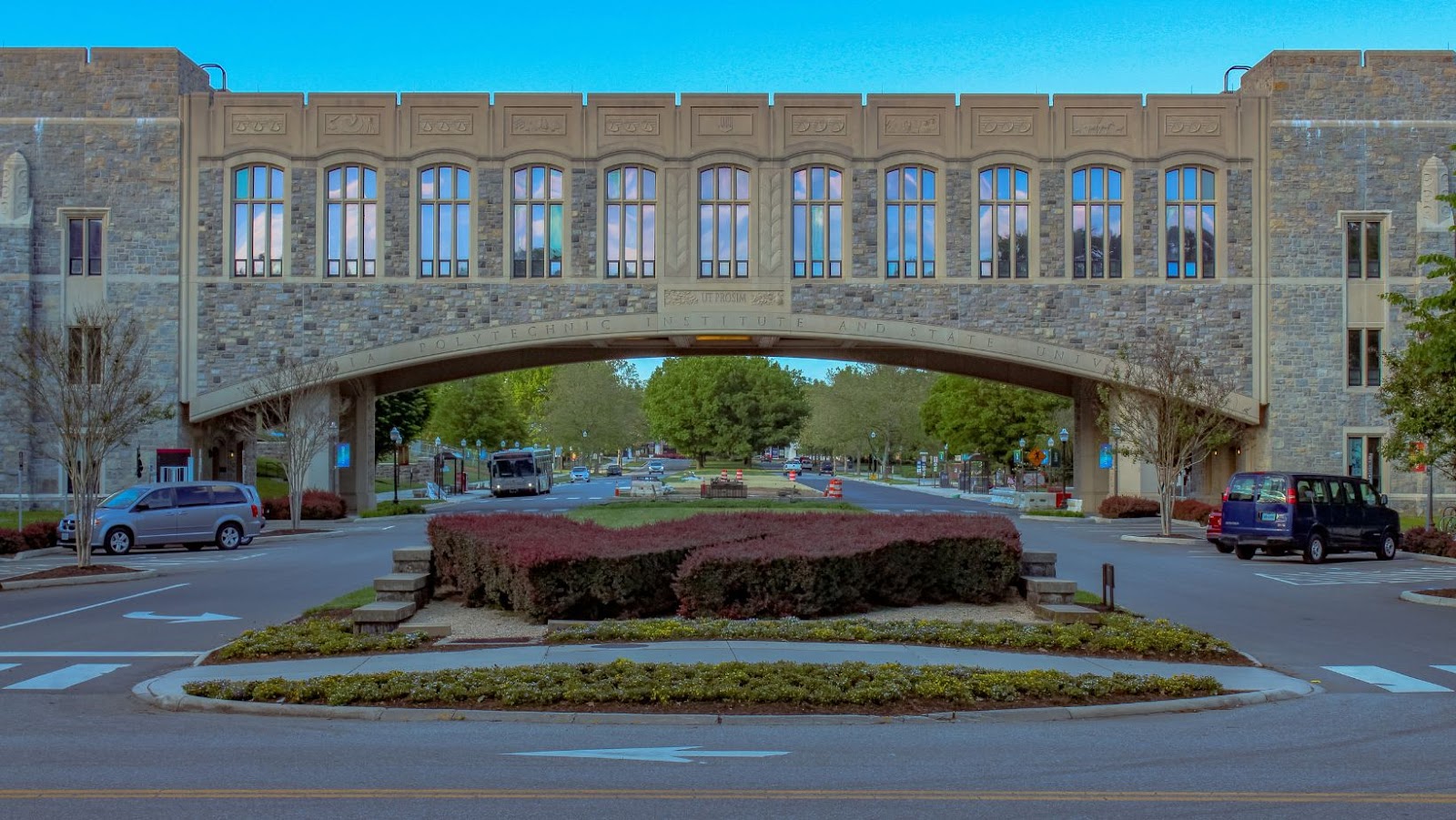An acceptance rate is a metric used by universities and colleges. It denotes the percentage of applicants whom the institution admits. For instance, an acceptance rate of 50% implies that the institution accepts half of its applicants. Acceptance rate is derived by dividing the number of admitted students by the total number of applicants.
The importance of an acceptance rate can’t be understated. It paints a clearer picture of the competitiveness of a college or university. A lower acceptance rate indicates a more selective institution, a higher academic standard, and subsequently, a tougher admission process. Students often consider acceptance rates as they configure their “safety,” “match,” and “reach” schools. For instance, Virginia Tech’s acceptance rate can provide insights into the level of competitiveness in their 2023 admissions.
 Changes in Virginia Tech Acceptance Rate 2023 Over Time
Changes in Virginia Tech Acceptance Rate 2023 Over Time
Discerning trends in Virginia Tech’s acceptance rates offers striking insights. This pursuit helps prospective students grasp their potential for acceptance.
Sharp fluctuations adorned Virginia Tech’s past acceptance rates. For instance, Virginia Tech’s acceptance rate descended steeply in the last decade. From a substantial 73.3% in 2010, it tumbled to 65%, 57.5%, and 62.6%, in 2015, 2020, and 2021 respectively (according to U.S. News). These figures manifestly illustrate a downward trend, signifying increased competitiveness.
Projecting future acceptance rates necessitates discernment. Basing predictions on the consistent downward trends, one might expect a tighter acceptance window in the future. For example, the Virginia Tech acceptance rate 2023 could shrink further if the recent downwards trends continue. However, unforeseen circumstances, including COVID-19’s effects on higher education, could shift the pattern. As such, individuals must ensure they keep abreast of the latest updates in Virginia Tech’s admission process and acceptance rates.
 Factors Influencing Virginia Tech Acceptance Rate
Factors Influencing Virginia Tech Acceptance Rate
A multitude of elements contribute to the acceptance rate at Virginia Tech, creating a nuanced picture beneath the raw percentages. This section delves into the significant elements including academics and extra-curricular activities, shedding light on how each factor plays a crucial role in determining the university’s acceptance rate.
Academics take centre stage when it comes to Virginia Tech’s admissions process. The quality of an applicant’s academic performance often serves as the primary basis for admissions decisions. High school GPA, rigor of coursework, and standardised test scores, for instance, SAT and ACT scores, tend to draw heightened scrutiny.
As per the National Centre for Education Statistics, in 2019, amongst admitted students, 56% had high school GPAs of 3.75 and above, 31% had GPAs between 3.50 and 3.74, and 10% had GPAs between 3.25 and 3.49. Moreover, on the SAT scale, 53% of admitted students scored between 1200 to 1399, while 27% scored 1400 and above.
Hence, excelling in academics, particularly in challenging courses, could improve students’ chances of acceptance, emphasizing the significance of maintaining good grades and strong test scores.
Beyond academics, Virginia Tech also values the depth and breadth of applicants’ extra-curricular involvement. Proven leadership in clubs, sports, community service, or part-time work experience not only demonstrate well-roundedness but are taken into account when assessing an applicant’s potential for contributing to the campus community.
For instance, 80% of the 2019 admitted cohort demonstrated involvement in clubs or organizations, while 70% had volunteer or community service experience.
Bolstering one’s application with meaningful extra-curricular activities can significantly enhance chances of admission, further reinforcing the notion that Virginia Tech’s acceptance rate doesn’t solely hinge on academic prowess.
As Virginia Tech’s acceptance rate becomes increasingly competitive, it’s clear that students need to bring their A-game to stand out in the applicant pool. They’ll need to focus on both academic and extracricular achievements, with a high GPA and strong test scores being just part of the equation. Involvement in the community, leadership roles, and other extracurricular activities will also play a significant role. Personal essays and letters of recommendation can make a real difference, allowing applicants to showcase their unique qualities and aspirations. As the 2023 admissions landscape continues to evolve, staying informed and prepared is the best strategy for prospective students. The road to Virginia Tech might be getting tougher, but with the right approach and dedication, it’s a journey that’s well worth it.